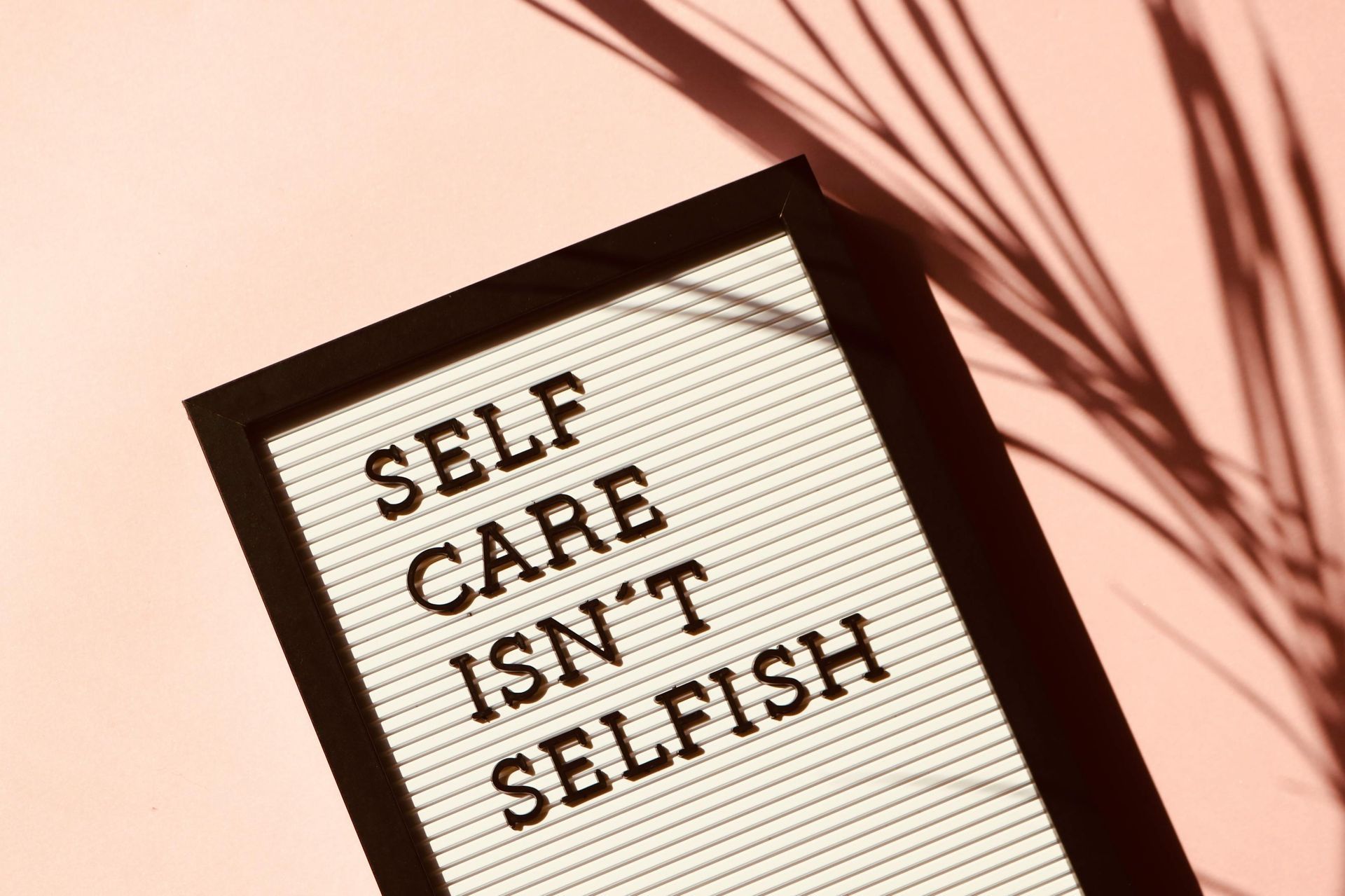(4 min) Self-Care That Goes Deeper: Nervous System Healing for Real-Life Resets

When most people hear the word “self-care,” they picture candles, face masks, or an expensive yoga retreat. And while those things can feel nice, they barely scratch the surface of what it means to actually take care of yourself. Real self-care isn’t about what looks good on Instagram.
It’s about how you show up for your mind, your body, and your nervous system when life gets messy, loud, or overwhelming.
This is self-care that goes deeper. The kind that helps you reconnect with yourself, steady your nervous system, and create a rhythm that supports you on the hard days as much as the good ones.
Understanding Your Nervous System
Your body is wired to protect you. That’s why sometimes you feel yourself react before your brain has even caught up. It’s your nervous system flipping into fight, flight, freeze, or fawn.
- Fight: You’re snappy, irritable, and ready to “fix it now.”
- Flight: You feel anxious, restless, or trapped in overthinking.
- Freeze: You zone out, get stuck, or can’t make a decision.
- Fawn: You people-please and say “I’m fine” when you’re really not.
Recognizing where you’re at is the first step. You wouldn’t try to run a marathon while frozen in place, right? Self-care is about meeting yourself where you are, not forcing your body into something that doesn’t fit.
Try asking: Am I feeling frantic, foggy, or flat? That one small check-in can tell you what kind of care you actually need.
Numbing vs. Soothing
Here’s a tough truth: a lot of what we call “self-care” is actually numbing. Endless scrolling, wine to forget feelings, shutting down to avoid life — that’s survival, not soothing.
The difference?
- Numbing disconnects you.
- Soothing reconnects you.
Drinking tea to calm your body is soothing. Texting a friend when you feel anxious is soothing. Watching a show that makes you laugh when your chest feels tight is soothing. The goal isn’t to judge yourself but to notice: Do I feel more connected or more checked out after this?
Building Your Emotional Toolkit
Emotions aren’t problems to fix. They’re signals to notice. To support them, you need a personal toolkit — not the Pinterest-perfect kind, but one that actually works for you.
Think of it as four buckets:
- Regulation Tools: breathwork, grounding, movement.
- Comfort Tools: cozy blankets, music, textures.
- Expression Tools: journaling, art, voice notes.
- Reconnection Tools: pets, nature, humor, spirituality.
Create three tools in each category and keep the list somewhere visible. That way, when stress shuts down your brain, you don’t have to think — you can just pick.
The Power of Daily Check-Ins
How often do you blow through a whole day on autopilot? A daily check-in pulls you back to yourself.
Ask:
- What’s going on in my body? (tense shoulders, racing heart?)
- What emotion is present right now?
- What do I need? (rest, hydration, reassurance, movement?)
You don’t need a journal full of essays. Even 30 seconds counts.
DBT-Inspired Self-Soothing: The ACCEPTS Skill
Sometimes affirmations and bubble baths don’t cut it. That’s where skills from Dialectical Behaviour Therapy (DBT) come in — especially the ACCEPTS technique. This tool helps you tolerate distress when your emotions feel bigger than your body.
Each letter gives you a category of strategies:
- Activities: absorb yourself in something (puzzles, playlists, reorganizing).
- Contribute: do something kind for someone else.
- Comparisons: remind yourself how far you’ve come.
- Emotions: shift feelings with humor, joy, or awe.
- Push Away: shelve a thought until you’re more resourced.
- Thoughts: distract your brain with puzzles or lists.
- Sensations: ground yourself through touch, smell, taste, sound, sight.
This isn’t about avoiding reality. It’s about surviving the wave until you’re steady enough to process it.
Caring for the Body (Without Punishment)
Your body isn’t a project. It’s your home. That means care, not criticism.
Gentle Nourishment
Forget food rules. Ask instead: What actually feels good in my body? Keep anchor snacks for steady energy, light a candle when you eat, and add nourishing foods without guilt.
Sleep as Self-Care
Your brain needs rest. Try a calming tea, dim lights before bed, and “download the day” by journaling your racing thoughts. Remember: rest is productive.
Rest Without Guilt
Passive rest (lying down, watching a comfort show) and active rest (stretching, reading, hobbies) both count. Neither needs to be earned.
Reclaiming Movement
Movement doesn’t have to mean punishing workouts. Ask how you want to feel after: calm, strong, clear-headed? Then choose yoga, light weights, or a walk that matches the mood.
Creating Your Own Self-Care System
You don’t need a rigid checklist. You need a rhythm that shifts with your energy.
Think of an energy menu:
- Low Energy: gentle stretches, cozy podcast, saying “no.”
- Medium Energy: journaling, light house reset, creative hobby.
- High Energy: dancing, deep-cleaning, energizing catch-up with a friend.
Flexibility is wisdom.
Reset Rituals
On “too much” days, a reset ritual helps you begin again. Yours might look like:
- Herbal tea or lemon water.
- Fresh clothes or pajamas.
- Opening a window.
- Lighting a candle.
- Music that matches how you want to feel.
- Telling yourself, I’m allowed to begin again.
Even one small shift can turn down the noise.
Reflection and Reconnection
Progress in self-care doesn’t always look glamorous. Sometimes it’s drinking water before bed. Sometimes it’s saying no without guilt. These are the wins that matter.
Ask yourself:
- What felt nourishing this week?
- When did I feel most like myself?
- What small actions helped when I felt overwhelmed?
Healing often arrives quietly. One day you notice you bounce back quicker from stress, you choose soothing instead of numbing, and you stop apologizing for rest.
Self-care isn’t about turning into someone new. It’s about coming home to yourself, again and again, with patience and curiosity. You don’t have to earn rest. You don’t have to wait until you “deserve” kindness. You’re already enough. So here’s your reminder: your body, your mind, your nervous system — they all deserve care that goes deeper!
If what you have read here resonates, feel free to download our free eBook "Self-Care That Goes Deeper", - part guide, part workbook, 100% helpful without any BS. And if you are loving everything on the site, please join as a free member to ensure you never miss another article, free tool, or member discount again!


